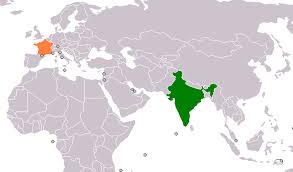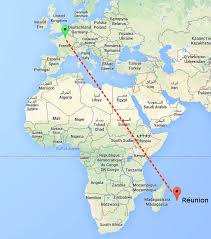7667766266
enquiry@shankarias.in
What is the issue?

How influential is France in the IOR?

What lies before India?
Source: Indian Express